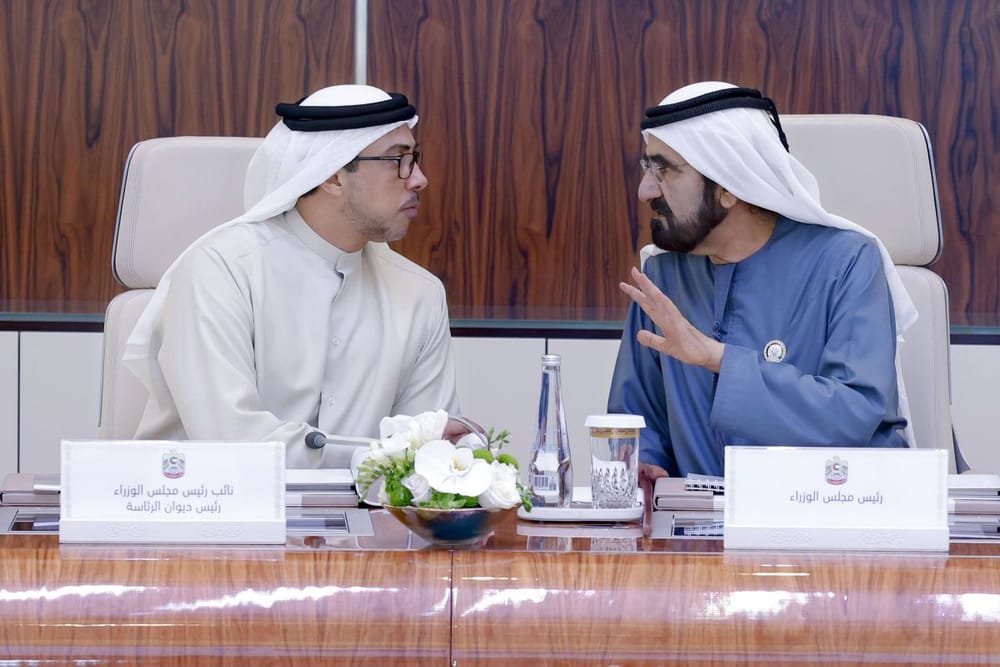By Staff Reporter
The UAE Cabinet, chaired by His Highness Sheikh Mohammed bin Rashid Al Maktoum at Qasr Al Watan in Abu Dhabi, has approved the UAE Strategy for Islamic Finance and Halal Industry, alongside key initiatives targeting economic growth, biosafety, tourism, and SME development.
The strategy aims to position the UAE as a global leader in Islamic finance by growing Islamic bank assets to AED2.56 trillion and increasing sukuk listings to AED660 billion by 2031. A committee led by the Central Bank governor will oversee its implementation.
The Cabinet also reviewed strong results from the tourism sector. In 2023, the industry contributed AED220 billion to the national economy and supported over 800,000 jobs. Hotel guest numbers rose 9.5 percent to 30 million, and the sector’s 2024 contribution is projected to reach AED236 billion. Plans are in place to raise this to AED450 billion within six years.
An updated National Biosafety Framework was approved to strengthen the UAE’s capabilities in biological risk management, research, and emergency response. The Cabinet also reviewed biofuel initiatives supporting the country’s sustainability goals.
Further discussions covered the growth of the SME sector, which saw a 160 percent increase in business licenses. The UAE ranked first globally in the 2024–2025 International Business Leadership Observatory and maintained strong positions in other international competitiveness rankings.
Other approvals included restructuring the UAE Gender Balance Council and the UAE Council for Environmental and Municipal Work, new performance frameworks for federal employees, legislative updates across sectors, and ratification of international agreements focused on trade, investment, and cooperation.
The Cabinet reaffirmed its commitment to economic diversification, innovation, and sustainable development through a series of forward-looking strategies and reforms.
News Source: Emirates News Agency


